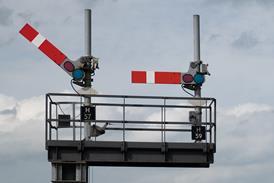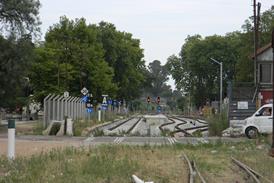COMPANIES enjoying a monopoly of local public transport in their home markets should not be allowed to operate services elsewhere. Such is the latest transport policy suggestion from the European Commission, which put forward the idea on July 20.
Essentially, the concept is for local authorities responsible for organising public transport to choose between agreeing a deal with a local company or calling competitive tenders. Under the Commission's proposals, if a contract were awarded without going through a competitive process, then the operator involved would be prohibited from tendering for contracts in other areas.
Cities would be able to let concessions to operate bus services for up to eight years, and to run metro or light rail services for up to 15 years. A transition period of eight years for buses and 10 years for rail is envisaged before the proposals take effect, with regional rail services and smaller contracts excluded from the arrangements.
Large organisations such as RATP in Paris would come under the rules, potentially affecting its activities outside France. RATP President Anne-Marie Idrac conceded in media interviews that the proposal 'had some merits' but made it clear that Paris relied heavily on integration with a common fares policy. Highlighting a clause in the proposals that would require half of bus services to be tendered within four years and 50% of rail services within five; she indicated that this would cause serious problems as it would lead to loss of integration, with consequent disadvantages for passengers.
Intriguingly, the proposal emanates from Transport Commissioner Jacques Barrot, a Frenchman. Anyone would think that his ears had been bent by operators in Germany and elsewhere who for years have complained bitterly that French companies are free to bid to run services practically anywhere in Europe while France remains strictly off limits to non-French companies.




















